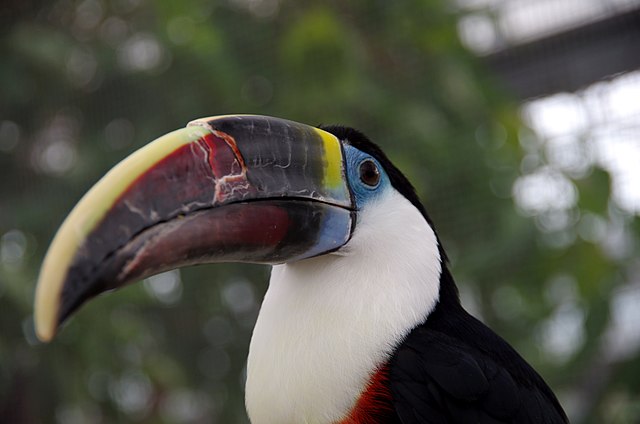
My central aim as a social science researcher is to challenge and advance the field of sociology. In the past twenty years, the subfield of Animals & Society has steadily grown, expanding into a number of monographs, professional associations, and university courses. However, in an effort to gather momentum and maintain influence as a vulnerable new sociological discipline, it has been open to a wide variety of perspectives and positions regarding Nonhuman Animals, not all of which are in line with sociology’s ethical commitment to the dignity and rights of its constituency.
From this motley discourse, a community of radical sociologists has emerged to champion a contemporary vegan perspective, one that aligns with the core values of sociology but pushes the field to reconsider long-withstanding discriminatory practices in theory, teaching, and research. Vegan sociology argues that Nonhuman Animals are persons in their own right, their oppression is worthy of academic (and activist) attention, and their oppression deeply intersects with the oppression of other marginalized groups such as women, people of color, and lower-class persons.
To define this new field of vegan sociology, I am developing a flagship text for use in teaching and scholarly research, Vegan Sociology. I coordinate a number of networking, outreach, and engagement activities in support of this project as well. For instance, I co-founded the International Association of Vegan Sociologists and launched its associated website in 2020. I am pleased to host our annual online conference each October. I also serve as the editor-in-chief of our annually produced peer-reviewed journal, Student Journal of Vegan Sociology, which spotlights the work of undergraduate and graduate students, while providing valuable professional development opportunities for student editorial team members and authors alike.
Vegan sociology examines intersectional feminism, Critical Animal Studies, and sociological theory to advance veganism and anti-speciesism as an ethical imperative in the discipline. It aims to increase the visibility and legitimacy of nonhuman experiences and remodel sociological practice to accommodate a multispecies society. Vegan sociology is essential for analyzing the horrors of speciesist pasts and presents, but it is vital, too, in its imagination for change. It is not merely a disheartening theory of oppression; it is an inspiring theory of total liberation as well.

Readers can learn more about the sociology of veganism in my 2016 publication, A Rational Approach to Animal Rights.
Receive research updates straight to your inbox by subscribing to my newsletter.